Dairy processors have launched a major new initiative to remove 9.1m tonnes of carbon from Irish agriculture by 2030.
Project Clover is being led by food processor Danone and includes Dairygold, Glanbia Ireland, Carbery, Tipperary Co-Op and Lakeland Dairies.
The project consists of a number of elements. The first feasibility stage involves each member exploring switching from using natural gas to fully renewable gas (biomethane) for the thermal/drying facilities in their processing plants to decarbonise their heat usage.
This will require the development of 125 agricultural anaerobic digestion (AD) plants to produce the required 2.5TW of biomethane.
The biomethane will be injected directly into the national gas grid for use by the processors.
The move will present opportunities for farmers to develop AD biomethane plants, which will use an estimated 2m tonnes of slurry plus 2.5m tonnes of grass silage as feedstock.
The business case being proposed is that this initiative will become self-sustaining in 10 years, meaning that no Government energy subsidy is being sought. However, in the interim, policy support and access to national and EU capital funds is essential, the group members say.
Biofertiliser
The second element of Project Clover is to upgrade the organic by-product of AD, the digestate, to create a real alternative to chemical fertiliser.
The third element is to facilitate farmers to sequester carbon in soil and generate carbon credits.
The project is based on a successful French model and is in line with the EU Farm to Fork strategy, the Paris Agreement and the Intergovernmental Panel on Climate Change (IPCC).
The project, currently in Phase I, is receiving strategic and technical support from the Renewable Gas Forum of Ireland, Gas Networks Ireland, Devenish and KPMG.



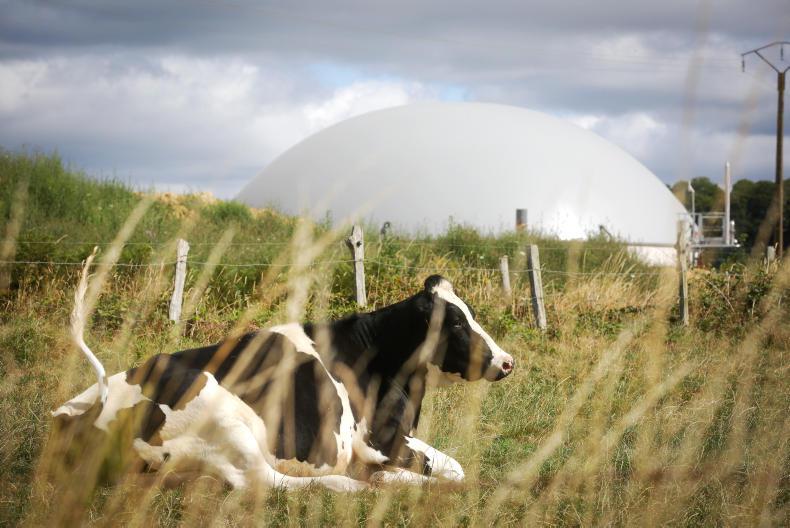

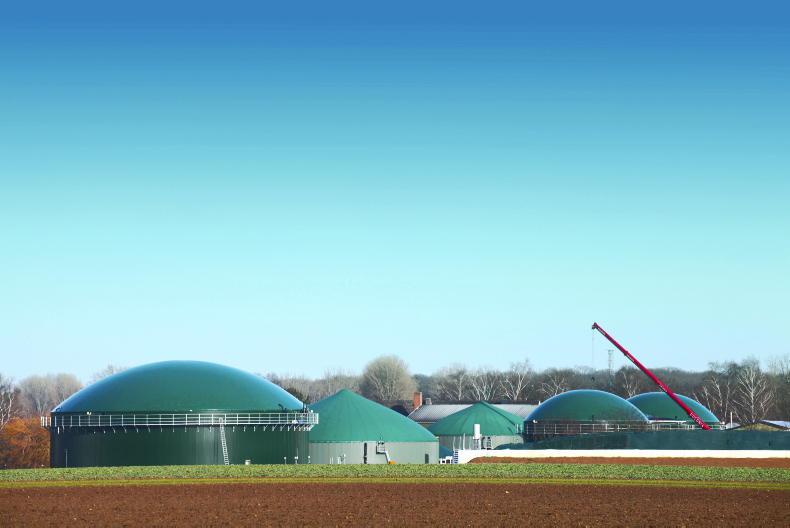

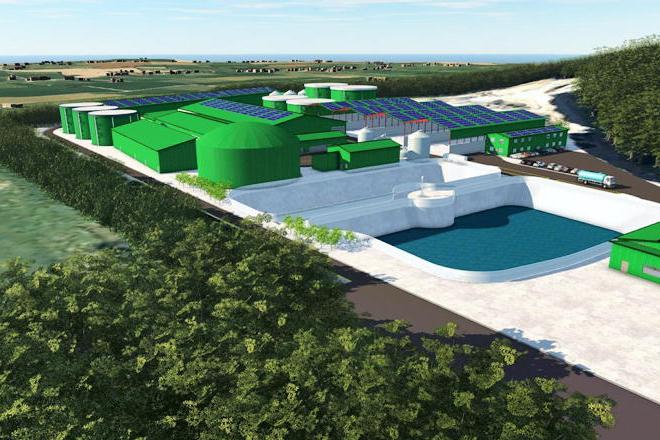
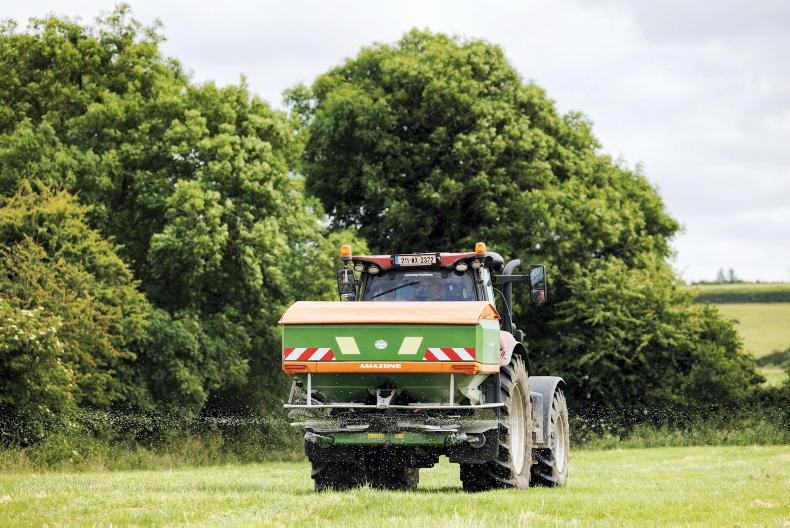
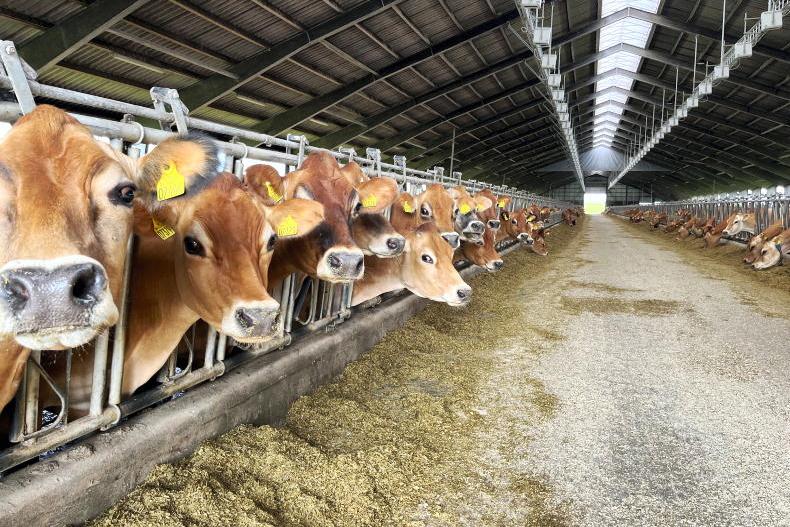
SHARING OPTIONS